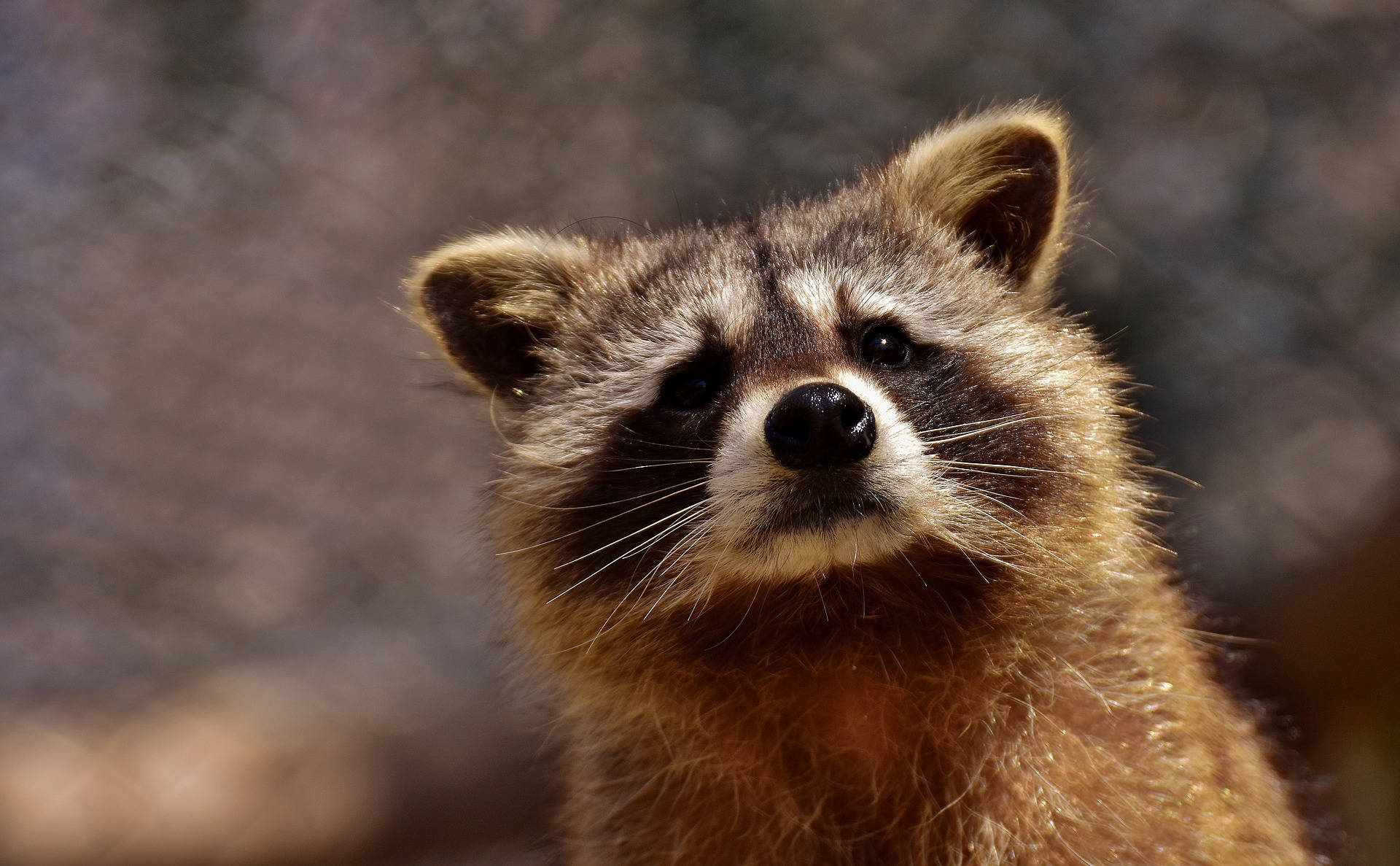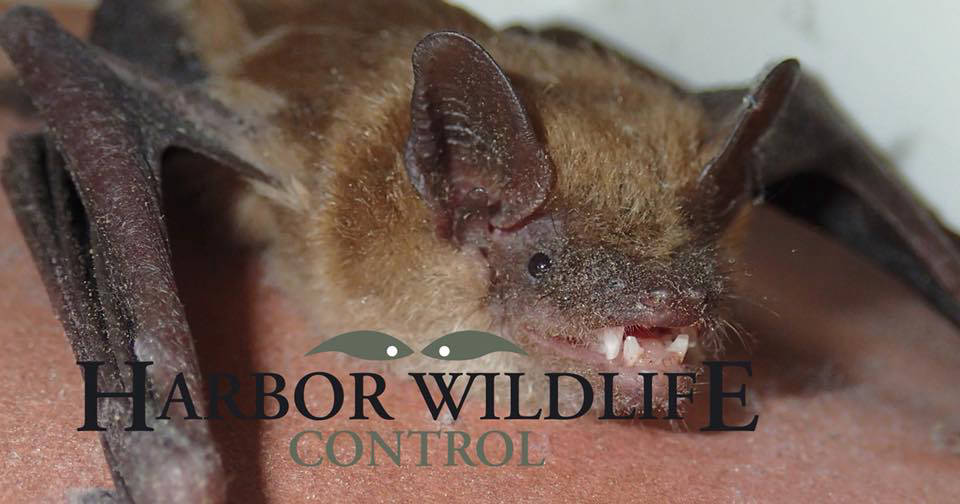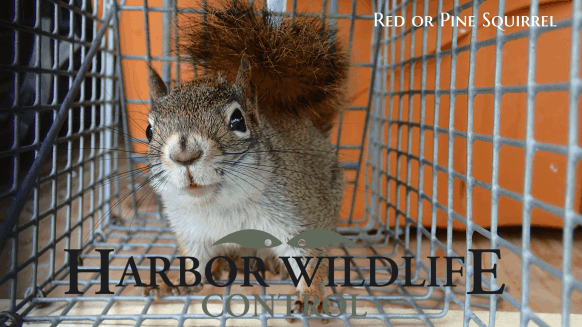No, Harbor Wildife Control is a private wildlife control business. We are not funded by public tax money. Service fees vary greatly depending on the task at hand. Please call us and we will do our best to offer a figure over the phone. If the situation requires us to visit the site before offering a quote, we will tell you this during the initial call.
We do not charge a fee for the estimate, however, we do charge a fee for an inspection. An inpection entails examining the building and determining the best long term solution. Questions that will be answered include: which animal is causing the problem?, how are they getting in?, what is the condition of the attic? A price for repairs/ preventative treatments is given based upon inspection findings. In some cases will be able to give an estimate over the phone such as trapping and removal of groundhogs, skunks etc. on the exterior of the building.
If your needs go beyond basic advice, a technician needs to perform an inspection and assess the situation, and a basic fee is charged. The exclusion service uses paid technicians, insurance, vehicle maintenance and has basic office expenses etc. Because real expenses are incurred to assess a situation, a basic fee is required to offset those costs.
No. We can sometimes transport injured, sick, abandoned or displaced wildlife and animals in need of help to the proper facility, but we do charge a fee. You can contact Maine Department of Inland Fisheries and Wildlife for a list of licensed Wildlife Rehabilitators.
Throughout Maine, local independent contractors registered as Animal Damage Control Cooperators (ADC agents) are available to hire at your own risk. ADC agents can help you resolve conflicts with beaver, chipmunks, skunks, raccoons, coyote, foxes, weasel, woodchucks, porcupines, raccoons, squirrels, bats, English sparrows, European Sparrows, Pigeons (rock doves), and European Starlings, etc...
People who handle wildlife damage problems can be designated by a number of terms.
NWCO - means Nuisance Wildlife Control Operator
WCO - means Wildlife Control Operator
PAC - Problem Animal Controller; term used in Massachusetts
PCO - Pest Control Operator - This is who you would call for insects control such as termites or ants. Exterminators also fall into this category.
ACO - Animal Control Officer - This is who you would call if you have an issue with DOMESTIC animals such as dogs or cats. They do not not handle wildlife complaints. These are township or county employees.
Emergency Service is generally limited to wildlife in the "LIVING SPACE" of your home, however what we consider an emergency and what you would can differ. This does not include attic space, under a deck or a shed. A good example would be a bat flying around your living room or a raccoon in your bathtub. Our fees for emergency service are a premium as these need to be attended to immediately. We offer this service around the clock because you may have an animal in your home at 2 AM.


